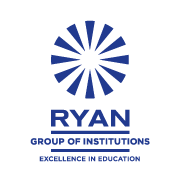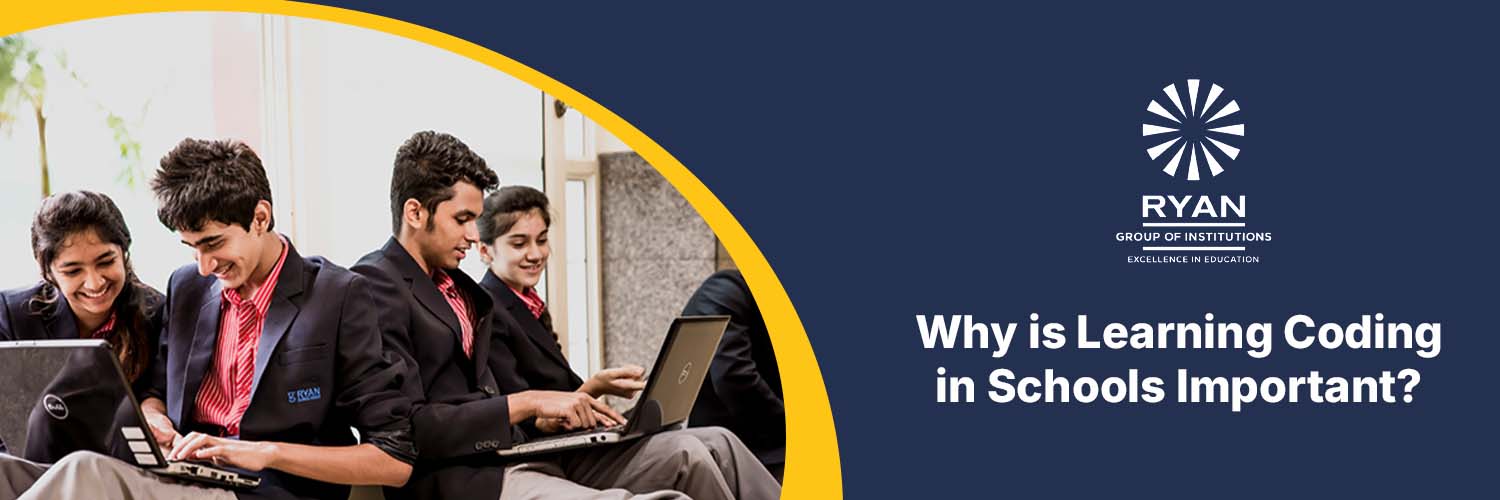If you are an Indian parent in cities or small towns, you must have definitely noticed the growing abuzz around coding training for kids. You are bombarded by various attractive advertisements for coding classes every day via TV, social media, and newspapers. Conventional thinking also leads you to believe that learning coding is not necessary for very young kids. However, when you notice that many parents are enrolling their kids in coding classes, your dilemma grows: Should my child learn coding? The answer is a strong YES!
This blog explores the reasons why learning coding in schools is important. It aims to help you understand the advantages your child can gain by learning coding.
 The Necessity of Learning Coding
The Necessity of Learning Coding
The World Economic Forum’s Future of Jobs report predicts that 65% of the children who are in primary level education today will work in job categories that do not exist yet! Let the reality sink in! Coding is no more a technical skill required only for software professionals. The pace with which digital technologies evolve demands that students start to equip themselves with basic coding knowledge from a very young age, so that they can cope with the more advanced technologies as they move into further levels of education.
Almost every field is adopting digital transformation rapidly. Professions in medicine, finance, design, and even agriculture demand basic digital literacy. So, if your child aspires to take up any of these fields as their future profession, they must know how technology works so that they can adapt well in the increasingly digital world.
 What Coding Teaches Beyond Computers
What Coding Teaches Beyond Computers
Leaning coding enhances mathematical reasoning, critical thinking, and analytical skills. Learning coding helps children acquire problem-solving skills. They learn to break down problems and design solutions in a step-by-step manner. By doing so, they also apply their logical thinking. Experts agree that logical thinking is also an acquired skill. Coding helps children acquire and polish this skill, which will ultimately help them in their academics and real-life decision-making also.
Coding also helps children develop their creativity, as it is an important ingredient in developing new games, animations, and apps.
Last but not least! Debugging is an integral part of coding. This helps children understand that mistakes are part of learning and develop perseverance.
 Coding in the Indian School Education Scenario
Coding in the Indian School Education Scenario
The National Education Policy (NEP 2020) strongly encourages the integration of coding as a subject in the Indian school curricula. Many schools in urban and semi-urban locations have started to include coding in their curriculum.
For example, Ryan International Schools offer coding training in a fun—yet effective—way in the form of coding clubs and robotics labs, where kids gain the necessary skills that initiate them in their coding journey, without getting bogged down by the technical fatigue!
Common Myths Around Coding
Myth 1: It is “too much” for young kids
Today’s young generation is already tech-savvy. They adapt technology faster than the previous generation. So, it is an incorrect notion by parents that coding might be too much for their kids. In fact, when coding is taught in fun ways such as coding clubs where children use playful yet efficient tools such as Scratch, code.org etc which use interactive, block-based coding activities.
Myth 2: This extra-curricular activity may affect my child’s academic performance
Many uninformed parents think that leaning coding may affect their kids’ academic performance and that the time spent in coding classes could be better utilized for studying academic lessons, so that the scores can improve. However, as we already discussed, coding helps develop mathematical aptitude, logical thinking and analytical skills, which the children can apply in their regular academics. This will indeed help in grasping the academic concepts better, apply the acquired knowledge and score better in exams.
Myth 3: Coding is only for software professionals
No. Coding is for everyone. Kids need not become only software engineers. Almost every profession will be touched by technology in the future. It is good to be equipped with technological literacy to thrive in the future digital world.
Future-Proofing Your Child’s Education
Coding is no more considered an advanced university-level skill but is widely accepted as an essential skill taught at school levels. Learning coding helps strengthen your kid’s logical thinking, critical analysis, and creative and structured problem solving abilities. Also, heavy automation and digital transformation trends will demand technological literacy even in professions that are currently non-technical in nature. By introducing coding early, you can ensure that your child has the necessary tools to think creatively, solve problems, and excel in the digital world.
So, go ahead and initiate your child’s technological journey with the right first step—learning coding!




